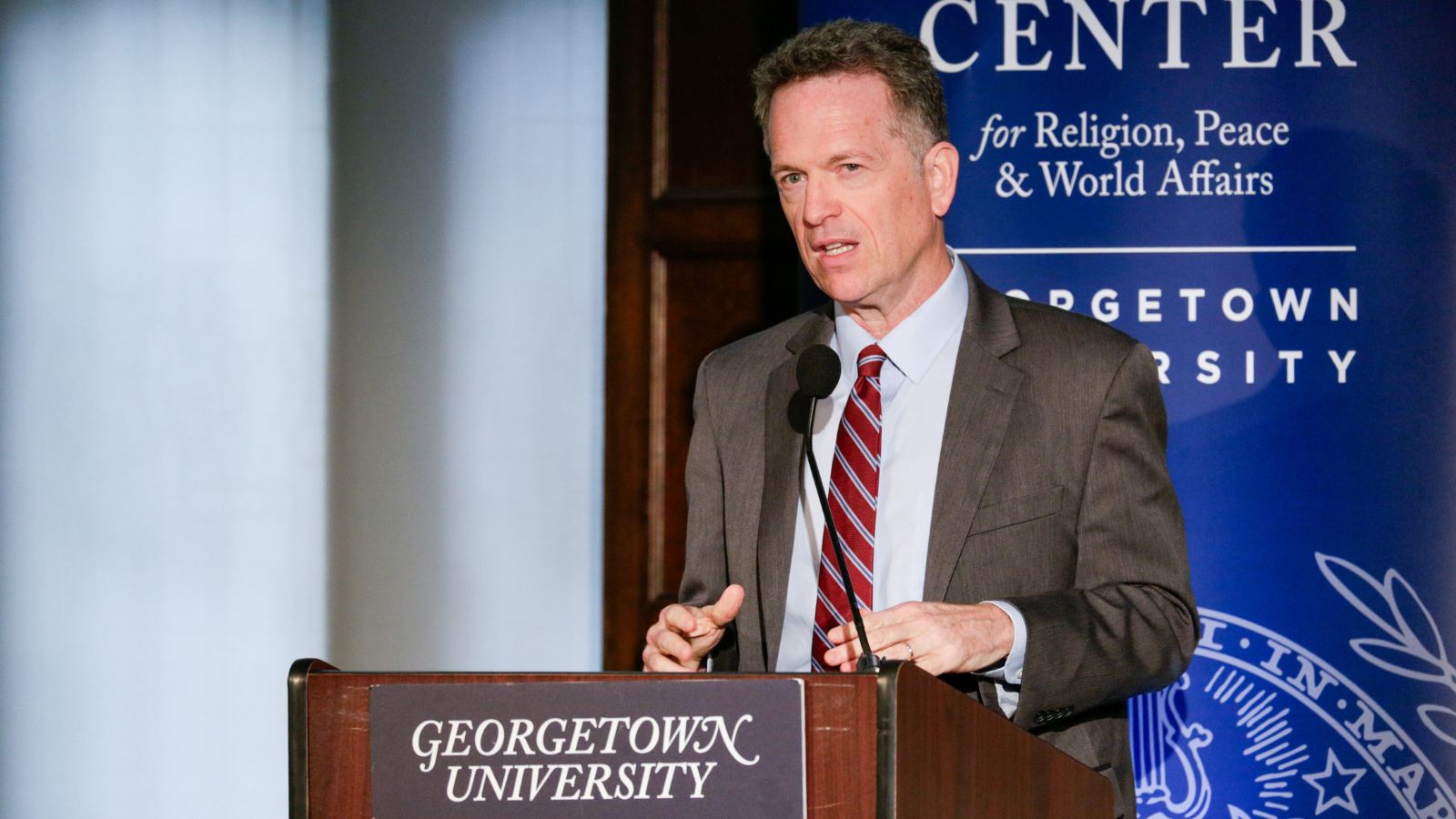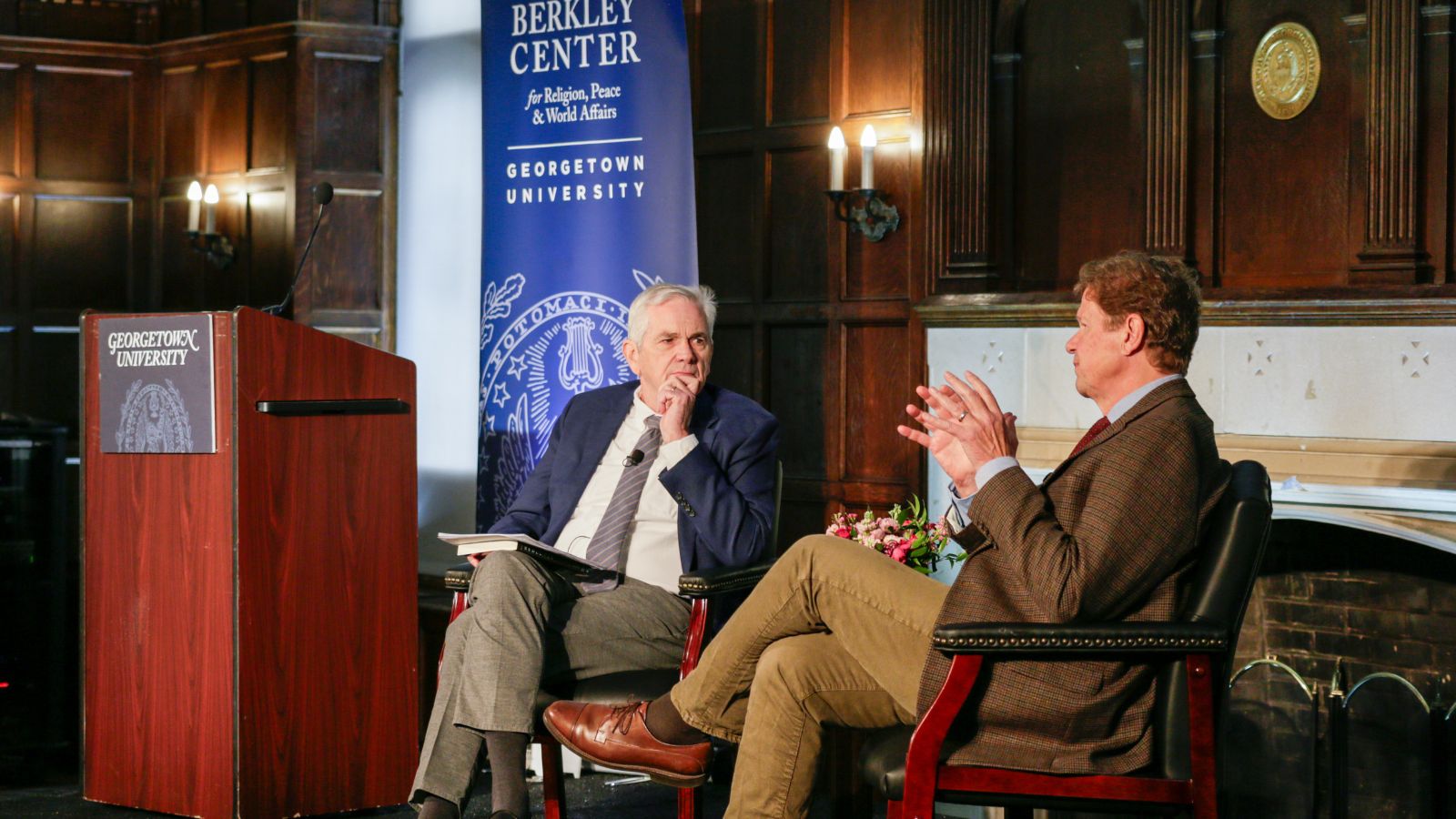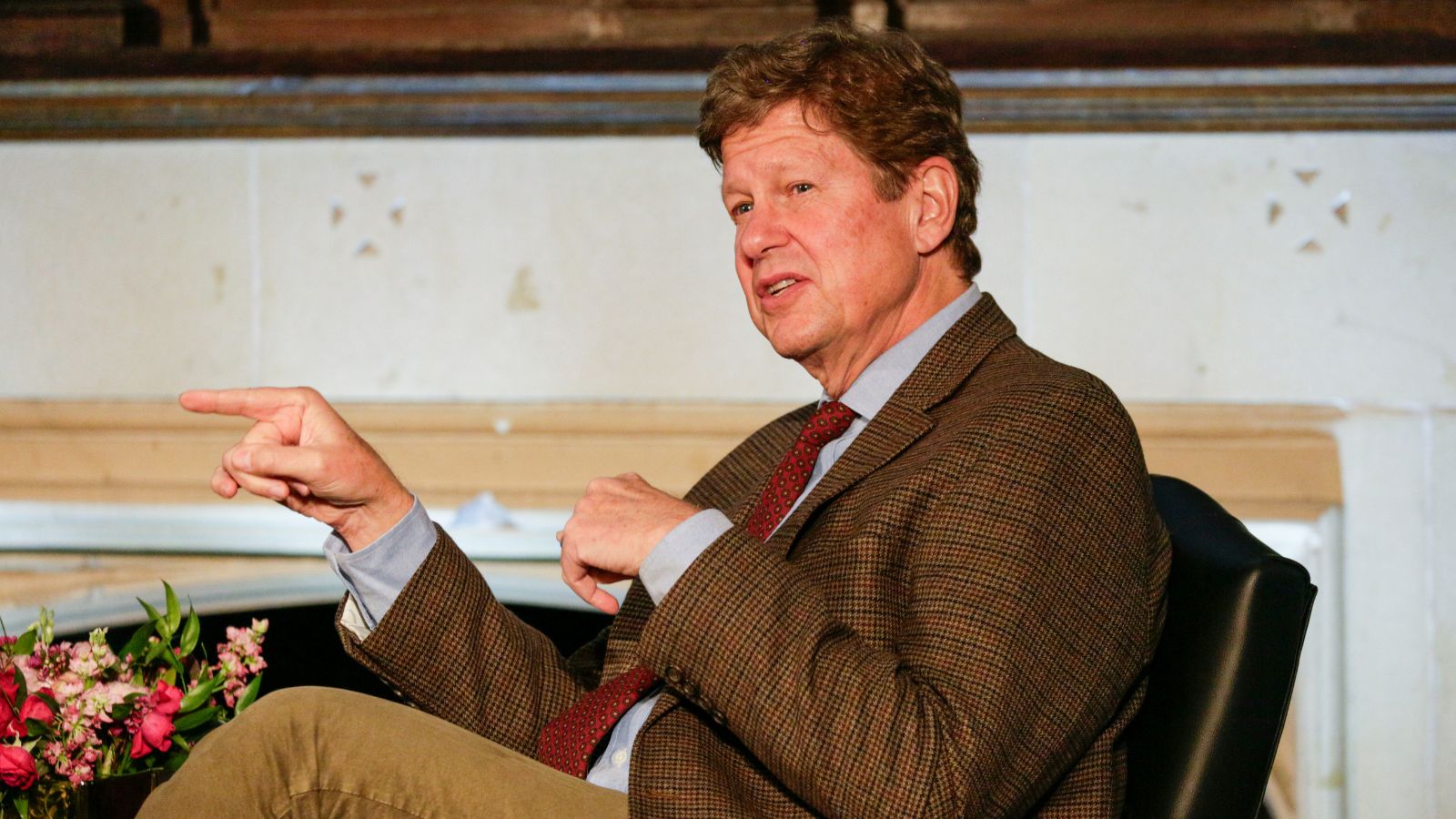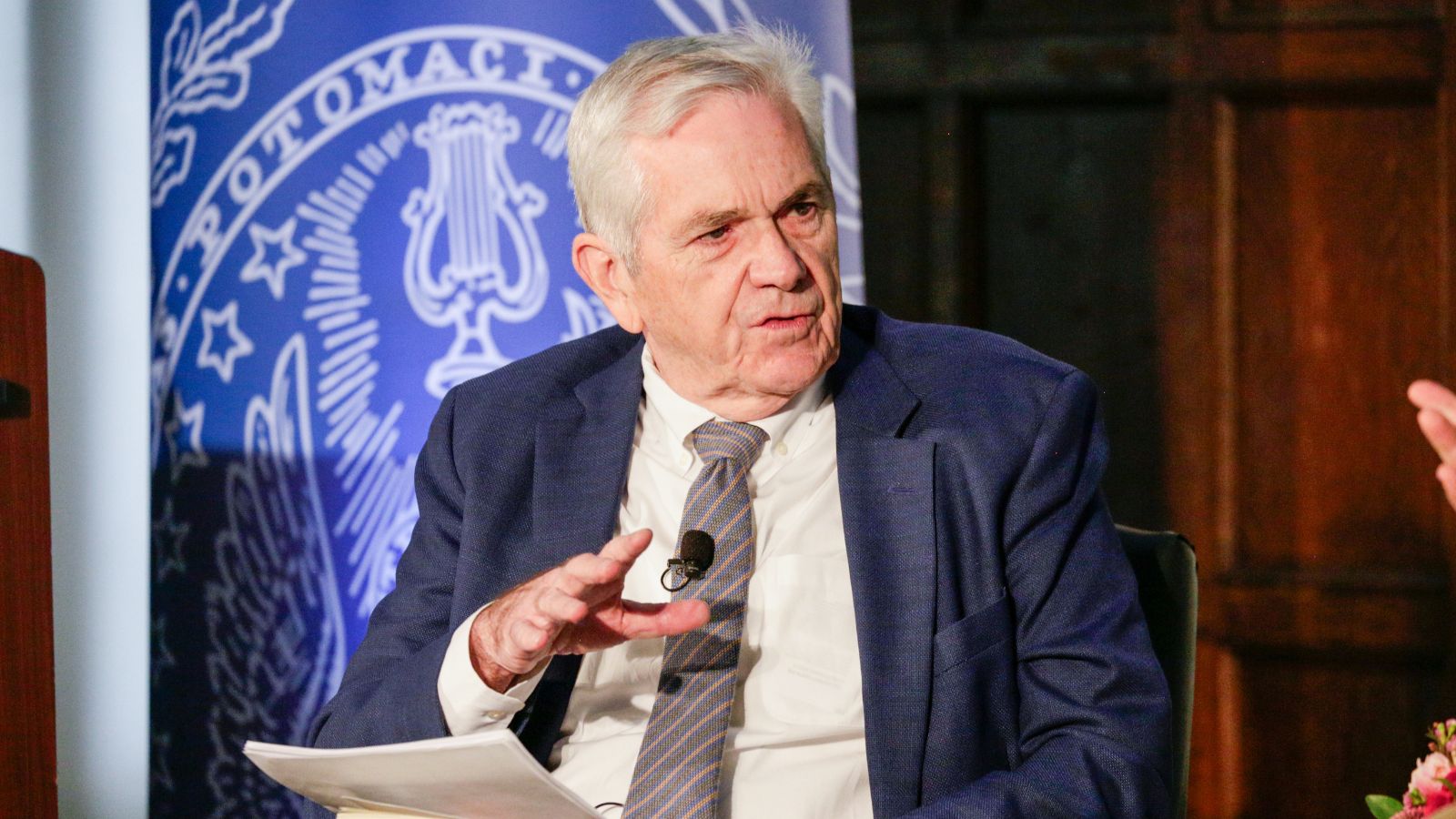Jimmy Carter and the Demise of Progressive Evangelicalism
A Conversation with Randall Balmer and Tom Gjelten
Showing the Jimmy Carter and the Demise of Progressive Evangelicalism Video
Thursday, April 10, 2025
12:00 p.m. - 1:30 p.m. EDT
Location:
Copley Hall Copley Formal Lounge Map
Ronald Reagan’s defeat of President Jimmy Carter in 1980 marked a turning point in Christianity’s role in U.S. politics. Carter, a Southern Baptist Sunday School teacher, was at the time the most prominent representative of progressive evangelical Christianity, a century-old religious tradition that sought to reform American society in line with Jesus Christ’s call to care “for the least of these.” Ronald Reagan, his successor, came to power with the support of a far more conservative strain of Christian evangelicalism embodied by Jerry Falwell, Pat Robertson, Franklin Graham, and other figures from the emerging religious right, a faith tradition that more than four decades later still represents a loyal core of the Republican Party.
With his newly revised book, Redeemer: The Life of Jimmy Carter (2014, 2024), historian Randall Balmer sets the story of Carter’s life and presidency squarely in his Christian faith. Carter, Balmer writes, “sought to live and to govern according to his love for God and for other people.” In a conversation with Sakka Family Religion and International Journalism Fellow Tom Gjelten, Balmer reviewed how evangelical Christianity journeyed from its politically progressive roots toward an angrier and more resentful posture centered on opposition to abortion, diversity mandates, and the welfare state.
Center Director Thomas Banchoff introduced the event.
This event was co-sponsored by the Berkley Center for Religion, Peace, and World Affairs; the Center on Faith and Justice; and the Georgetown Journalism Program in the College of Arts & Sciences.
Discover similar content through these related topics and regions.
Image Gallery
Image Gallery
/5

Thomas Banchoff, executive director of the Berkley Center, introduces the event.

Tom Gjelten in conversation with Randall Balmer.

Randall Balmer addressing the audience.

Tom Gjelten moderating the discussion.

Audience member asks a question to the speaker.



